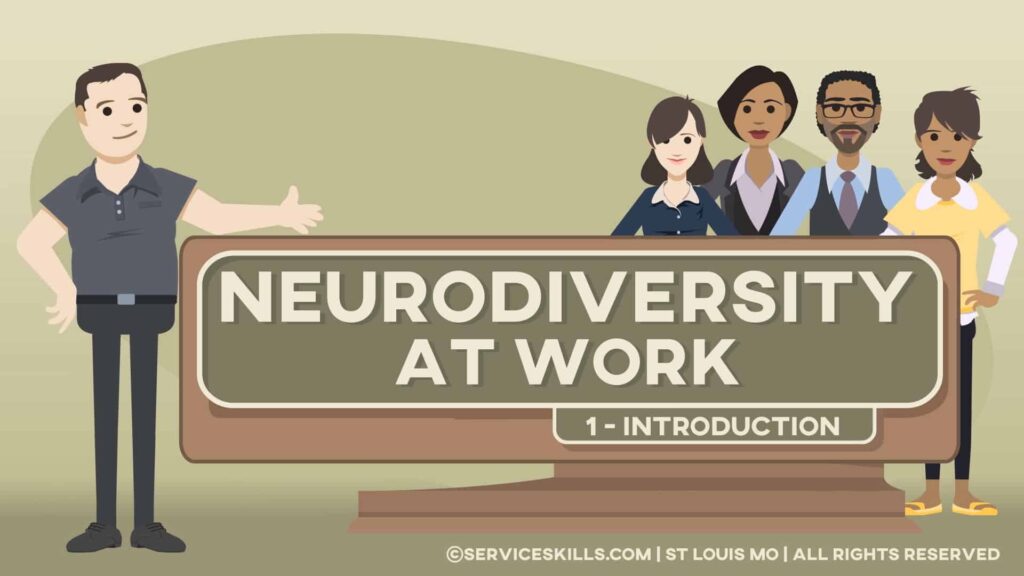Neurodiversity at Work
In March 2021, a cover letter handwritten by Ryan Lowry went viral on the internet. Lowry, an autistic man from Virginia, wrote the cover letter in an effort to land a job in IT or animation. In it, he explains his strengths, requests mentorship to help him learn and succeed, and asks employers to ‘take a chance’ on him. Lowry’s cover letter, which has now been viewed millions of times, perfectly exemplifies a topic that is rightfully receiving increased awareness and attention from employers and the general public: neurodiversity in the workplace.

Differences in functioning, thinking, or communication should never be viewed as negatives. When neurodivergent people are properly supported at work, they can more easily achieve their full potential. Most importantly, though, proper support will allow neurodivergent individuals to feel as happy and comfortable at work as possible. Everyone deserves to have a happy, healthy, and supportive working environment – and the entire team benefits from everyone feeling and working their best.
When a group of neurodivergent individuals were asked what they wished their employers knew about employing neurodivergent people, several similar themes arose throughout their responses. According to this group, the first step in supporting neurodivergent employees or colleagues will be to learn about small changes that all employees can make that will ensure the workplace environment is more accessible and approachable for all. These include simple best practice suggestions such as avoiding unnecessary repetitive or loud noises, minimizing smells, and asking others how best to present information to them. Additionally, it’s important to understand that individuals will have differing needs as far as working environments go. Hot desking, which has become very popular in recent years, can be helpful for those who love to work dynamically and really difficult for those who like consistency.
If you’re interested in learning more about neurodiversity and the associated terminology, I recommend seeking out and reading resources created by neurodivergent people, as they’re in the best position to express what being neurodivergent is like and what support they need. For instance, this post provides a thorough and helpful description of various terms associated with neurodiversity and debunks some common misconceptions.
While Lowry’s story is heart-warming and led to him gaining well-deserved interest from employers, it is but one example of a neurodivergent person navigating the chaotic and confusing world of employment. By increasing knowledge of neurodiversity as well as how to best support neurodivergent employees, the workplace experience can become less stressful and, in turn, more approachable, productive, and positive for all.
ServiceSkills is excited to announce a new awareness-building training series designed to help organizations better support neurodivergent thinkers. Neurodiversity at Work will educate your team about the concepts associated with neurodiversity and how to best assist neurodivergent coworkers and clients. By providing a knowledge base as well as easily-actionable suggestions, this course will help employees to create an inclusive, accessible, and healthy working environment for an increasingly neurodiverse workforce. To be among the first to preview this new series, request a demo here.
by Samantha Friedman. Samantha is a PhD candidate conducting neurodiversity-related research at the University of Cambridge in the United Kingdom